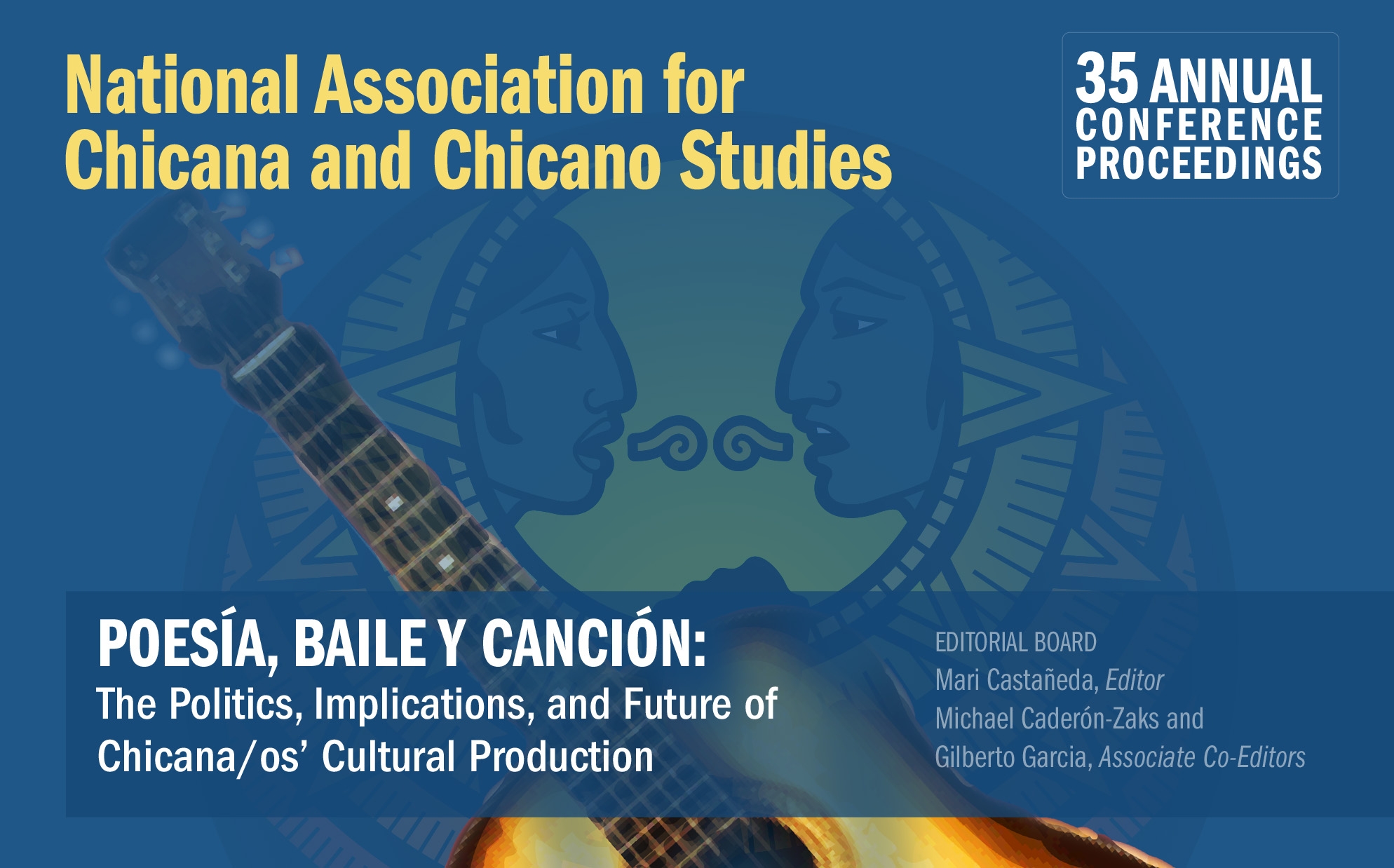Location
2008 NACCS Conference Presentation
Abstract:
This essay calls upon Chicana/o Studies scholars to interrogate some of the assumptions underwriting the transnational turn. Chief among these is the implicit supposition that in order to produce transnational scholarship, one simply (but necessarily) must cross a national border. On the one hand, in taking the concept “transnational” far too literally, this simplistic assumption ignores far more substantive and compelling questions about transnational capitalism’s affects on subjectivity, desire, and resistance. On the other hand, the (sole) crossing-borders criterion suggests that those scholars who work on racial formations within the U.S. (Chicana/o Studies scholars, for instance) have no responsibility to think and work transnationally. Why should people, culture, racializations, literatures, produced within the U.S. not be studied within the larger context of transnational capitalism? Soto also critiques the fetishization of international difference and visibility politics. Queer theory, she argues, provides a helpful set of tools for negotiating these challenges of the transnational turn. Queer theory’s healthy poststructuralist skepticism of empiricism and positivism—together with its commitment to social justice and keen awareness of the power differentials within knowledge production—makes it poised to help us out of the temptation to simply shine a light on the global south.
Included in
Chicana/o Studies Commons, Ethnic Studies Commons, Gender and Sexuality Commons, Race and Ethnicity Commons
Transnational Knowledge Projects and Failing Racial Etiquette
2008 NACCS Conference Presentation
Abstract:
This essay calls upon Chicana/o Studies scholars to interrogate some of the assumptions underwriting the transnational turn. Chief among these is the implicit supposition that in order to produce transnational scholarship, one simply (but necessarily) must cross a national border. On the one hand, in taking the concept “transnational” far too literally, this simplistic assumption ignores far more substantive and compelling questions about transnational capitalism’s affects on subjectivity, desire, and resistance. On the other hand, the (sole) crossing-borders criterion suggests that those scholars who work on racial formations within the U.S. (Chicana/o Studies scholars, for instance) have no responsibility to think and work transnationally. Why should people, culture, racializations, literatures, produced within the U.S. not be studied within the larger context of transnational capitalism? Soto also critiques the fetishization of international difference and visibility politics. Queer theory, she argues, provides a helpful set of tools for negotiating these challenges of the transnational turn. Queer theory’s healthy poststructuralist skepticism of empiricism and positivism—together with its commitment to social justice and keen awareness of the power differentials within knowledge production—makes it poised to help us out of the temptation to simply shine a light on the global south.

